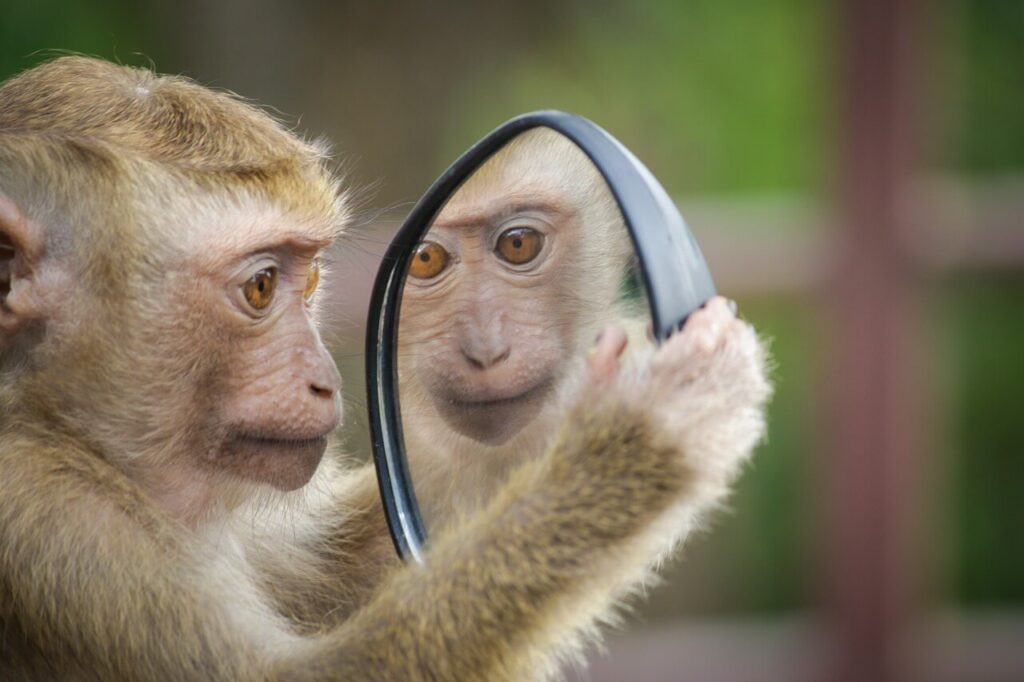It was the best of times, it was the most bewildering of times – the beginning of my PhD journey. Oh, how I recall the early months with all their dazzling promises and murky uncertainties. The academic world stretched before me like a bustling, unfamiliar city, with imposing structures and intricate byways, each pathway seeming to lead to some pinnacle of intellectual acclaim. And there I was, a humble traveller, seeking my way among the intellectuals, plagued with a nagging sense that perhaps I did not belong at all.
Trying to Fit In
Indeed, it was in those initial days of coursework, when the fever of Impostor Syndrome took hold of me – though I did not know it by that name then. I had thought myself rather well-prepared, but in those polished halls, surrounded by my peers who spoke with such assuredness and fluency about the latest academic trends, I felt the creeping fear that perhaps I was but a pretender. The solution, I surmised, lay in fitting in. I resolved that I should abandon my own ideas, those tender, uncertain buds of thought, and instead cultivate what was “trendy”.
What folly it was to imagine that in forsaking my own voice, I might somehow be elevated by the borrowed plumage of popular pursuits. I buried myself in topics that seemed to be the key to publications, that glimmered with the promise of prestige and acceptance. It was not altogether false – there were nods of recognition from professors, murmurs of interest from my colleagues. Yet, within me, there was a hollow echo. The further I walked down that path, the farther I moved from what was authentic – from what was truly ”me”.
Removing Pretence, Finding Joy
Time passed, and the “third half”, as I may call it, of my PhD journey dawned. The coursework faded into the past, and now was the time for deeper exploration – a time when more than ever, I needed to find a spark that would sustain me. It was then that a project arose, a translation project, no less. Without hesitation, I submitted my proposal, and in that instant, I felt a sense of joy stirring in me – genuinely and unexpectedly. I found myself smiling, and for once, it did not feel forced. There was no pretence, no mimicry – this was what I loved, what I understood.
Living in India, I had always been, in some sense, a translator. I had friends from Kerala, from Odisha, from far-off states where the languages were different from my own Bengali tongue. The conversation was an ongoing dance of languages – Hindi, English, Bengali – a ceaseless translation of thoughts, an unending negotiation of meaning. Translation had been my life all along, and yet, in my ambition, I had overlooked it. I had turned away from what was natural, what was instinctive, what was me.
True to Myself
And it was at that moment of realisation that a voice within me seemed to ask, “If a PhD is to be an ordeal – and indeed, it is – then let it be an ordeal wherein I find meaning in something that is true to myself. Let me immerse myself in the work, let me toil, let me translate until I become the very essence of what I do.
With that realisation, I transitioned — slowly, but surely — to linguistics and translation studies. What a transformation it was! The burdens that had once weighed so heavily upon my spirit now felt lighter. I was no longer trying to be what I was not. The work itself became a joy, an extension of myself. I found that I could not be happier. I was no longer separate from my thesis, my manuscript – it was all part of me, my successes and my failures, my triumphs and my stumblings.
Final Thoughts
I cannot change who I am for what is fashionable. The pursuit of trends is but a hollow chase, a passing fancy. But this work – this translation, this love of language – this is the very marrow of who I am. And here, at last, I find myself at peace. I’m content to be in the struggle, in the joy, in the endless pursuit of meaning that is my own, and no one else’s.




